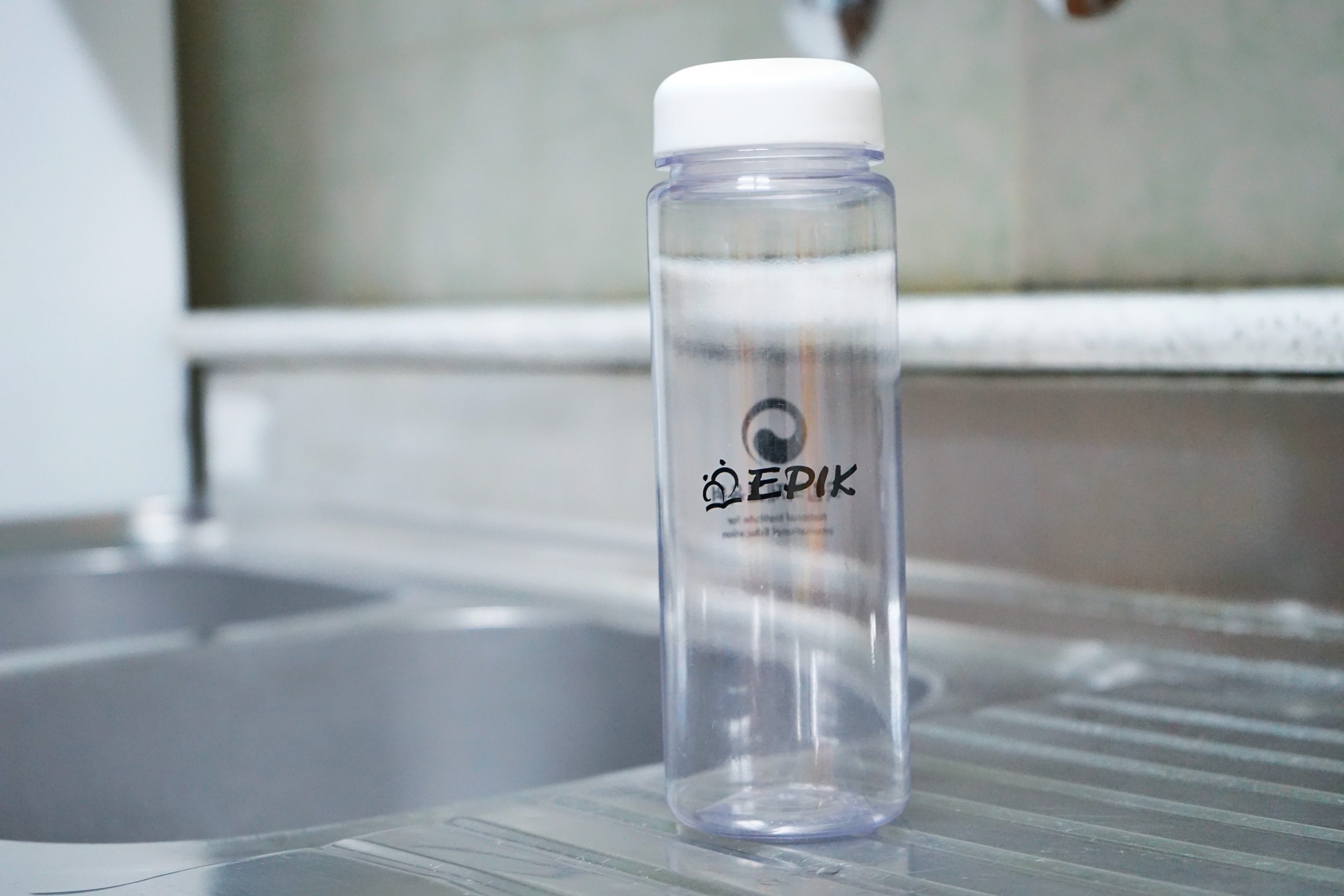Top 5 Questions I Get Asked About the EPIK Program

I’ve been getting asked tons of questions from people about the EPIK program. I’ll answer the top five questions in this blog post. I came to teach English in Korea through a program called EPIK which stands for English Program in Korea. I made a promise to myself that if and when I got into the program I would become an ambassador to help and share my experience.
I remember myself clearly when I was applying. I had so many questions. I am really grateful for the friends that answered all of them. Now it’s my turn to do the same. There is no question too big or too small to ask. Many or few, they are all welcomed. I also believe there is no such things as a stupid question. Coming to Korea is a big deal. It’s a complete lifestyle shift. It’s normal to have tons of questions, be concerned, worried, confused, or nervous. Please refer to their website for full details about the EPIK program.
Here are the Top 5 Questions I get asked about the EPIK Program:
What is the EPIK program?
The EPIK program is an official program funded by the Korean Ministry of Education to increase English comprehension, writing, and speaking skills in Korea’s public schools. In order to apply to EPIK you must be a citizen of either the US, South Africa, the UK, Canada, Ireland, Australia and hold a bachelor’s degree. If you are interested you can apply here.
Do “they” pay for everything?
Everything, no. Some things, yes. By everything, some people mean housing, flights, etc. EPIK teachers do not pay rent unless they choose to find their own apartment, which most don’t. Upon arriving in Korea within the third week teachers receive an entrance allowance. This helps to reimburse most, if not all of the flight costs. It’s recommended to arrive with enough funds to get adjusted the first month. You also receive a small fund to purchase anything you need for your apartment eg. furniture, appliances or groceries. During your time in Korea, your salary is used to pay for everything else eg. medical insurance, pension, school lunches, utility bills.
Is it worth it financially to work in Korea?
This question is very subjective. It all depends on your personal and financial goals, also spending habits. Teachers are paid monthly. Using credit cards, like in my case, may contribute to smaller savings. EPIK teachers are capable of saving over $15,000 in one year from the entrance, settlement & exit allowance, monthly salary, severance pay, and pension. The standard of living is relatively cheap. One big reason for this is EPIK teachers don’t pay rent. Utility bills can range from 5,000 won (approx. $4) up to 200,000 won (approx. $190). That winter heating bill is no joke. Many people use this as an opportunity to build their savings, pay off student loans or other debts.
Do you need to know how to speak Korean to teach in Korea?
The short answer is no, but it helps. I didn’t speak much Korean before coming to Korea except for the hello 안녕하세요 anneyeong haseyo and thank you 감사합니다 gamsa hamnida. I still don’t speak much Korean but I’m always taking small strides. In most classrooms, there is a Korean teacher present. They’ll translate and explain to students in Korean. When communicating in the classroom, it’s recommended to use short phrases and basic common words. I’ve heard of cases where there isn’t a teacher present. In that case, it would be great to know directional words like, repeat banbog 반복, start sijag 시작 and quiet down joyonghi 조용히. Knowing basic Korean also allows you to build closer relationships with school staff and locals.
What is it like teaching in Korea? Is your job difficult?
This is the part where I talk about how amazing it is to live and teach English in Korea! Here’s a previous blog post on A Typical Day as an EPIK Teacher. It has been a great experience for the most part. Each day is an adventure. I can read and understand the facial expressions and tone like no body’s business. But it depends. For me it isn’t difficult, but it has its challenges. Each lesson or initiative won’t always be successful. It helps to talk with your co-teacher after class, make a note of what went wrong, then seek guidance on online resources or forums then thoughtfully come up with a new lesson plan or initiative. Teachers aren’t always notified of changes. Sometimes they’ll find out the day. It’s important to be flexible and communicate with your co-teacher and school staff.
Each EPIK teacher will have a different experience. Teachers with previous teaching experience may have a smooth transition, but it all depends. New teachers may need time to get used to lesson planning and classroom management. I struggled with lesson planning until I started taking advantage of the numerous resources online. I wrote about the 7 Lessons I’ve Learned In My First Four Months of Teaching in Korea in a previous blog post. Until you’re comfortable creating original material, utilizing resources teachers are sharing, tailoring them to suit your students and speaking to other teachers is key. The job is more than just teaching, it’s also about adjusting to a new language, culture, age group, class sizes and co-teaching styles. Having a supportive school staff also helps create a great school experience.
Overall, it depends on one’s mentality. No one will a perfect situation, but a positive mindset makes all the difference.
Related Posts
The Best Disney Frozen English Winter Camp
My very first winter camp was a hit. You can’t go wrong with a…
November 15, 2020EPIK Teachers Have Faced New Circumstances Since COVID-19
This year has been a rollercoaster, to say the least. The coronavirus pandemic shifted the…
November 8, 2020


Leave A Comment